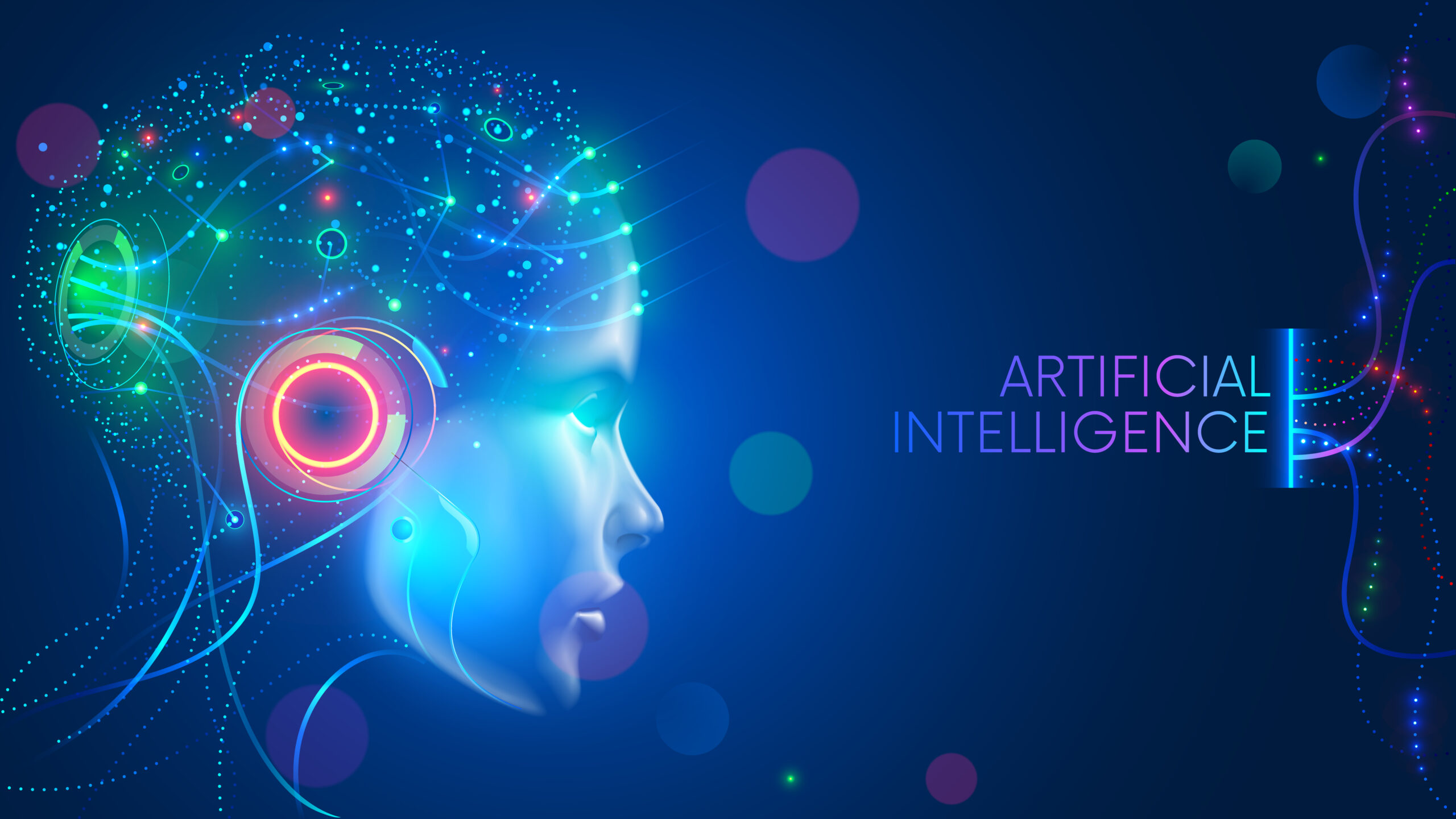One area where Artificial intelligence is having a significant impact is automation. Many tasks that were previously performed by humans are now being automated using machine learning algorithms. This is leading to increased efficiency and productivity in industries such as manufacturing, transportation, and retail. However, it is also leading to concerns about job displacement as machines are able to perform tasks more efficiently than humans.
Another area where AI is being used is in the healthcare industry. AI algorithms are being used to analyze medical records and images to help diagnose diseases and identify potential health issues. They can also be used to predict which treatments are most likely to be effective for a particular patient, based on their medical history and other factors. This is helping to improve the accuracy of diagnoses and the effectiveness of treatments, and it is also helping to reduce the workload of healthcare professionals.
AI is also being used to analyze and interpret large amounts of data, such as in finance and marketing. By analyzing patterns and trends in data, AI algorithms can help to identify potential opportunities and risks, as well as make predictions about future outcomes. This is helping businesses to make more informed decisions and to be more competitive.
In the field of transportation, AI is being used to develop self-driving cars and trucks. These vehicles use sensors and machine learning algorithms to navigate roads and avoid obstacles, potentially making transportation safer and more efficient. However, there are also concerns about the potential for accidents and the ethical implications of autonomous vehicles.
AI is also being used to improve customer service, through the use of virtual assistants and chatbots. These systems can handle a wide range of tasks, such as answering frequently asked questions, making recommendations, and assisting with purchases. This is helping businesses to improve the efficiency and convenience of their customer service, while also reducing the need for human staff.
In the field of education, AI is being used to personalize learning experiences and provide personalized feedback to students. By analyzing data on student performance and progress, AI algorithms can help to identify areas where a student may need extra support and can provide personalized resources and recommendations to help them improve. This is helping to improve the effectiveness of education and to make it more accessible to a wider range of students.
Overall, Artificial intelligence is having a transformative impact on a wide range of industries and sectors. While there are concerns about the potential for job displacement and other negative impacts, AI also has the potential to bring many benefits, such as increased efficiency, improved accuracy, and enhanced convenience. As AI continues to develop, it will likely have an even greater impact on the world in the future.
One way that AI can be used by change makers is to analyze and interpret large amounts of data. For example, an AI system could be trained on a dataset of social media posts or news articles related to a particular issue, such as climate change or racial inequality. The system could then use natural language processing techniques to identify key themes and trends within the data, helping change-makers to gain a deeper understanding of how the issue is being perceived and discussed by the public.
AI can also be used to help change makers reach a wider audience. For instance, an AI-powered chatbot could be deployed to answer questions and provide information about a particular issue to people who are interested in learning more. This could help change makers to spread their message to a larger group of people, increasing the impact of their efforts.
In addition to these more traditional uses of artificial intelligence, there are also several more innovative ways in which the technology could be harnessed by change makers. For example, machine learning algorithms could be used to predict the outcomes of different policy decisions, helping change-makers to make more informed decisions about which actions to take. AI could also be used to help changemakers create personalized messages and content that is more likely to resonate with different groups of people, increasing the chances of success for their campaigns.
However, it is important to recognize that AI is not a panacea for all of the challenges faced by change makers. The technology is still in its infancy, and there are several limitations and challenges that must be addressed for it to be used effectively.
One of the main concerns with AI is the potential for bias. If the data used to train an AI system is biased, the system itself may be biased as well. This could lead to problems such as the perpetuation of harmful stereotypes or the amplification of existing inequalities. To mitigate this risk, it is important for change makers to carefully consider the data that is used to train their AI systems and to work with diverse groups of people to ensure that the systems are as fair and unbiased as possible.
Another challenge that change makers must consider is the potential for artificial intelligence to be used as a tool for censorship or control. In some cases, governments or other powerful actors may use AI to silence or suppress the voices of change-makers and activists. To address this risk, it is important for change makers to be aware of the potential dangers of AI and to work to ensure that the technology is used in a way that is transparent, accountable, and respectful of human rights.
Overall, Artificial intelligence has the potential to be a powerful tool for change makers, helping them to better understand complex problems, reach a wider audience, and make more informed decisions. However, it is important for change makers to carefully consider the potential risks and limitations of AI, and to work to ensure that the technology is used in a way that is ethical and beneficial to society as a whole.
Tags: AI algorithmsAI systemAI-powered chatbotartificial intelligence

